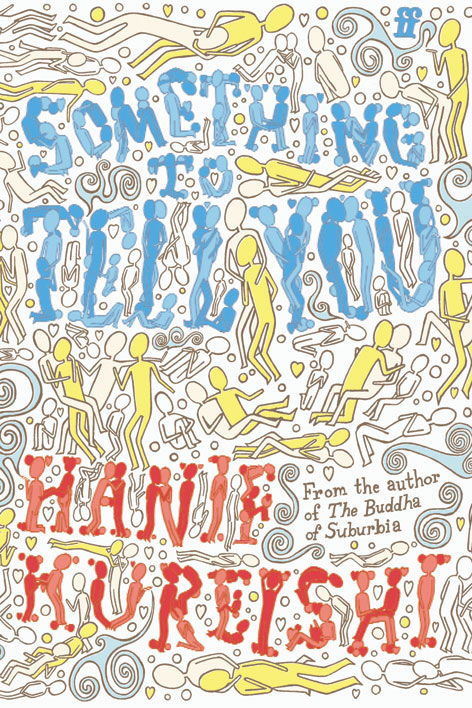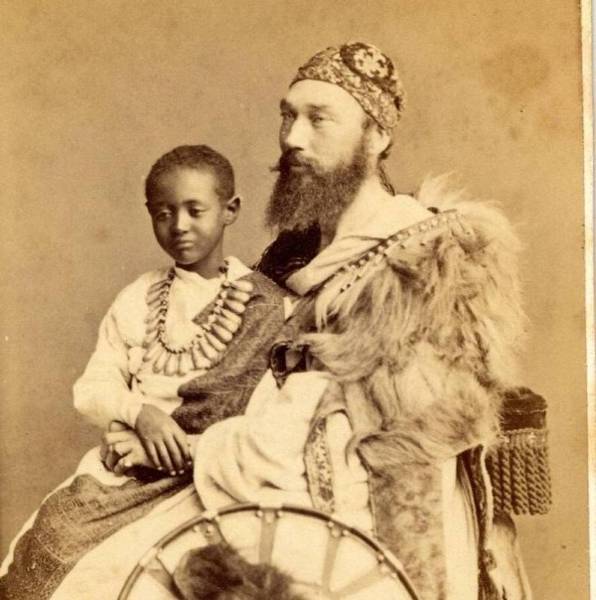 This is Hanif Kureishi’s sixth novel, and it is something of a disappointment. His recent film, Venus, was touching, beautifully constructed, witty and realistic, dealing with a subject he has dealt with before – the love of an older person for a younger. A lot of Kureishi’s work is semi-autobiographical, and he keeps returning to the same subjects: racism and aberrant sexuality. Of course all writers have their themes, but with this addition to his work it might be unkindly said that Kureishi is flogging a dead horse.
This is Hanif Kureishi’s sixth novel, and it is something of a disappointment. His recent film, Venus, was touching, beautifully constructed, witty and realistic, dealing with a subject he has dealt with before – the love of an older person for a younger. A lot of Kureishi’s work is semi-autobiographical, and he keeps returning to the same subjects: racism and aberrant sexuality. Of course all writers have their themes, but with this addition to his work it might be unkindly said that Kureishi is flogging a dead horse.
The “hero”, if somebody so unappealing can be so called, of Something to Tell You is Jamal, a man with a Pakistani father and an English mother, who grows up in the suburbs, does a bit of a philosophy degree and ends up as a psychoanalyst. (If this sounds like the arc of Kureishi’s own life, don’t be surprised.)
There are several problems, though, with this book. The first is that, with an analyst at its centre, it reads like an extended process of therapy. Other people’s complainings are tedious at the best of times, and here they just seem self-regarding. The second problem is the complete unattractiveness of every one of the characters. They are small-minded, deranged, criminal, deviant – if they’re not having sex in underground clubs dressed in leathers, then they’re beating up old men or offloading some stolen bubble wrap. The third and most insurmountable problem is Kureishi’s prose, which is, most of the time, plodding and leaden.
Jamal has a son, Rafi, who speaks in Gangsta, and a sister, Miriam, a bisexual, tattooed, pierced socialist with several children from different fathers, who lives in squalor with a taxi driver and ends up having a sexually adventurous affair with Jamal’s best friend, a pompous upper-middle-class actor called Henry. Jamal is hiding a secret – he killed a man in his youth – and much of this novel deals with the repercussions of that act: the past “rode on my back like a devil, poking me, covering my eyes and ears for its sport.”
Kureishi is good at evoking a sense of place – we are with Jamal as he trudges through the featureless streets of suburbia, or as he smokes dope in the gardens of his adolescence – but not so good at indicating time. He jumps around from Jamal’s childhood to his memories of his girlfriend (who is, of course, raped by her father) to the present. A reader whose mind had not been dulled by the relentless onslaught of the prose style (or lack of it) might not have been so confused, but this one kept having to remind himself when something actually happened.
We are also constantly informed that an insight or something powerful is happening. Miriam is meant to have shamanic powers – to communicate with wolves and with her dead father – but she succeeds only in being irritating. Jamal’s aunt, a poet in Pakistan, supposed to be immensely intelligent and insightful, can only come up with this pearl of wisdom: “I envy the birds ... they can sing. No one shuts their mouths or imprisons them. Only they are free here.”
Let us hope that in his next book Kureishi turns to another subject and comes at it with more freshness and vim.
Something To Tell You is published by Faber & Faber

